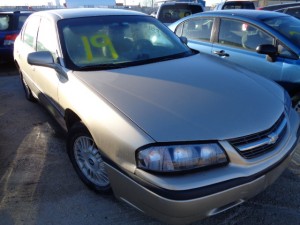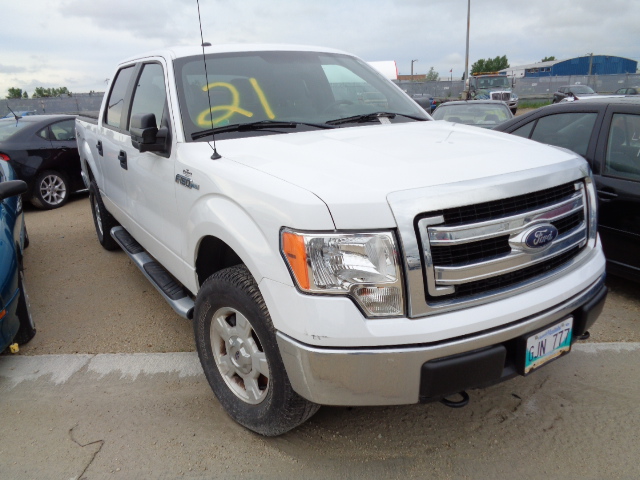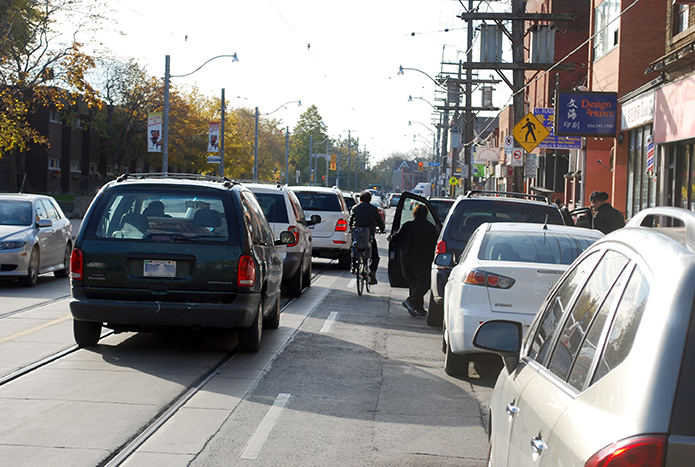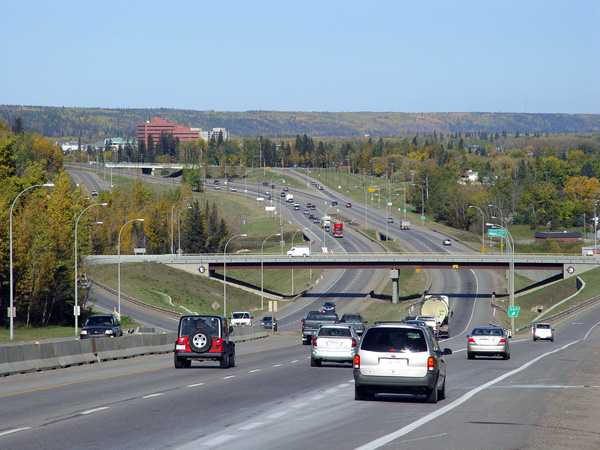 We will be having an auction on
We will be having an auction on
Saturday, November 26, 2016
Viewing at 9:00 am
Auction at 11:00 am
75 Lowson Crescent, Winnipeg, MB.
For a listing of vehicles and images visit
Associated Auto Auction
Category Archives: News
Medium/Heavy Service Technician Needed
We are currently looking for a Medium/Heavy Service Technician to perform full services on our fleet and encourage you to apply if you have:
- A desire for a long term career with growth potential
- Previous experience in an automotive service environment
- Completed basic High School or College auto mechanics course(s) (preferred, but not required)
- The ability to retain detailed product information
- Strong attention to detail and ability to multi-task
- Desire to learn more about vehicles
As a Medium/Heavy Service Technician at Dr. Hook Towing Ltd, your tasks will include:
- Performing oil and filter changes, greasing trucks
- Replacement of vital truck fluids (e.g. coolant, transmission, and transfer case fluid)
- Maintaining and organizing parts stock and inventory, cleaning shop
- Working directly with Upper Service Technicians
- Replacement of hydraulic line’s
To apply for this position, please submit your resume online.
Upcoming Auction
 We will be having an auction on
We will be having an auction on
Tuesday, July 19, 2016.
Viewing at 5:00 pm
Auction at 7:00 pm
75 Lowson Crescent, Winnipeg, MB.
For a listing of vehicles and images visit Associated Auto Auction
Happy Holidays from Dr. Hook Towing
Auction Next Week!
 We will be having an auction on
We will be having an auction on
Tuesday, October 27, 2015.
Viewing at 5:00 pm, Auction at 7:00 pm
75 Lowson Crescent, Winnipeg, MB.
Auctioneer: Associated Auto Auction
Ontario fines for worst traffic offenses
 “A narrow bikelane” by Hallgrimsson – Own work. Licensed under CC BY-SA 3.0 via Wikimedia Commons.
“A narrow bikelane” by Hallgrimsson – Own work. Licensed under CC BY-SA 3.0 via Wikimedia Commons.
The province of Ontario has unanimously passed new legislation that makes the penalties for some of the most serious traffic offenses considerably stiffer than they were. In an attempt to provide a more effective deterrent against, among other things, distracted driving, driving under the influence of alcohol and drugs, and failing to properly share the roadway with cyclists, fines have been increased.
A single text message could cost Ontario drivers more than a new smartphone. Distracted driving will now cost $1000 and three demerit points.
Driving under the influence of marijuana will now carry the same penalties as driving while drunk, which is common to most Canadian provinces. There will be steep fines, escalated license suspensions, and mandated addictions counselling for repeat offenders.
Cyclists must be given more space – one meter in all directions, which can make it tight on some city streets. “Dooring” a rider by opening the car door without looking, and hitting a cyclist, which has long been a hazard in urban areas will carry a penalty up to $1000.
Cyclists will get more responsibility, too. They’ll face fines up to $500 if they’re not using required reflectors or lights.
For our Ontario counterparts in the towing industry, tow trucks will be given the same level of respect that other emergency vehicles receive. When passing a truck with the lights flashing, drivers are now required to slow down and give a full lane for the emergency operation whenever possible. This move alone will make Ontario’s roads a safer place for all who use them.
At Dr. Hook Towing, we often see the consequences of unsafe behavior on city streets and highways. We see Ontario’s stiffening of traffic laws as a necessary update of legislation that’s meant to make the roads safe for everyone.
Get in touch with us! For 24 hour tow truck service, call us Toll Free at 1-800-561-4665. Learn more about our Towing and Recovery Services. You can also sign up online for our Guaranteed Roadside Assistance program, membership is free and you know we’ll be there if you need us.
Street Racing and Car Surfing in Quebec
 Photo by Kristina Servant / CC BY 2.0
Photo by Kristina Servant / CC BY 2.0
Because towing services is the nature of our business, we are often called to the scene of an emergency to help with vehicle removal. As a result, our drivers see a lot of things that the general population doesn’t. Often, accidents are just that – accidents. They’re caused by poor weather conditions, momentary lapses in concentration, or poor judgment.
Every once in a while, one of our drivers sees the results of an accident caused by an episode of gross negligence. That’s why we are happy to see public education campaigns and stiff penalties for the most flagrant violations of road safety rules.
Quebec has identified two of the most dangerous on-road behaviours and taken steps to end them. Calling street racing and car surfing “dangerous and unacceptable”, they’ve enacted steep penalties for infractions, including immediate suspension of the drivers license of the perpetrator, on-the-spot vehicle impoundment, $1000 fine, and levying 12 demerit points. Repeat offenders (people convicted of the same offence within 10 years) will face even stiffer punishments.
What is “car surfing?”
Riding on a moving vehicle, in the box or cargo space of a truck, holding onto or being pulled by a vehicle, or riding on any object being pulled by a moving vehicle. The driver of the vehicle will face the above punishments, and anyone actually car surfing will have their license (or the right to obtain one) immediately suspended, be fined $1000, and get the same 12 demerit points entered onto their record that the vehicle’s driver does.
Not only are these offences incredibly dangerous, they’re criminal. The Criminal Code of Canada includes penalties as harsh as imprisonment for life for a person who drives a vehicle in a manner that’s dangerous to the public.
At Dr. Hook Towing, we’re happy to see Quebec (and other Canadian Provinces) take such a firm stand against the most dangerous behaviours on the road.
Get in touch with us! For emergency roadside service or tow truck service, contact Dr. Hook Towing.
Distracted Driving a Problem in British Columbia
 It’s a story familiar in many jurisdictions – a disproportionate number of accidents are caused by the least experienced drivers on the road, and their accidents are worse, with more than the average number resulting in a serious injury or a fatality. 6.6 percent of British Columbia drivers are under 20 years of age, but they account for 14 percent of road accidents. Often, the problem is that inexperienced drivers find themselves distracted – they text or talk on the phone, eat, or even apply makeup while driving.
It’s a story familiar in many jurisdictions – a disproportionate number of accidents are caused by the least experienced drivers on the road, and their accidents are worse, with more than the average number resulting in a serious injury or a fatality. 6.6 percent of British Columbia drivers are under 20 years of age, but they account for 14 percent of road accidents. Often, the problem is that inexperienced drivers find themselves distracted – they text or talk on the phone, eat, or even apply makeup while driving.
The province of British Columbia is tackling the problem with serious restrictions to the Graduated Licensing program that they have in effect.
Under the provinces GLP, drivers first get their L (Learners) license. They must drive only with the supervision of an experienced supervisor for a period of at least a year, before they can take a road test and graduate to their N (Novice) license. N drivers are subject to limitations, including a zero blood alcohol limit and no use of electronic equipment, even it it’s hands-free. They must maintain a safe driving record for two years before they can take another road test for their full license.
Infractions of the ban on electronic devices during the L and N periods of licensing carry heavy consequences, including applying 3 penalty points to their license, which triggers a review. They will also have to restart the 24-month Novice period.
Since Dr. Hook provides emergency roadside service, we see a lot of accidents, many caused by distracted driving. It is great that provinces across Canada taking the measures necessary to educate drivers about the hazards of distracted driving.
Contact Us! For 24 hour tow truck service or roadside service, call Dr. Hook at (204) 956-4665 or Toll Free 1-800-561-4665.
Alberta’s Got a Brand New Traffic Safety Plan
Back in 2007, Alberta became a pioneer in Canadian traffic safety planning. By becoming the first province to outline a formal traffic safety plan, the province was able to reduce traffic fatalities by 32 percent over a four-year period. By all accounts, it was a success.
In 2015, Alberta is proudly unveiling the successor to the original plan, the Traffic Safety Plan 2015. This new plan includes provisions for:
Safer roads that are designed, engineered, maintained, and operated for improved safety. New technology comes along all the time. Alberta is planning to put the best innovations to work immediately.
Safer drivers who are skilled and competent, alert, and comply with the law. Training and enforcement mean safer travelling for everyone.
Safer vehicles that provide maximum protection. Accidents happen, but design and maintenance of cars can mitigate injuries.
Alberta’s Traffic Safety Plan is ambitious, making implementation of an effective speed management plan, promotion of safer vehicles, increasing the use of seat belts and child safety seats, deterring impaired driving, and improving road infrastructure.
In order to bring this plan to fruition, the Alberta government is collaborating with police and other traffic safety partners through enforcement, education, communication, community engagement, as well as road infrastructure and engineering improvements.
At Dr. Hook Towing, we see firsthand what happens when road safety efforts fail. We applaud the Alberta government and it’s partners for the success of their first Traffic Safety Plan, and wish them nothing but the best in this current revision.
For towing services and roadside assistance, call Dr. Hook. We’re available 24 hours a day at (204) 956-4665 or Toll Free 1-800-561-4665.
Slow Down and Move Over
 Recently the RCMP and CAA Manitoba set up a mock incident on Hwy 1 where an emergency vehicle was at the side of the road assisting a motorist.
Recently the RCMP and CAA Manitoba set up a mock incident on Hwy 1 where an emergency vehicle was at the side of the road assisting a motorist.
The tow truck was pulled over near St. Francois Xavier at the side of the Trans-Canada Highway, set to assist a stalled vehicle. 316 vehicles had driven past the incident. Almost all vehicles failed to slow down and “move over,” an offense that would include a $300 ticket and 2 demerits.
Drivers must slow down to 40 km/h when the posted speed limit is less than 79 km/h. You need to slow down to 60 km/h when the posted speed limit is 80 km/h or higher. Motorists are required to also move to a traffic lane farthest from the emergency vehicle if possible.
Some important areas of the assessment included:
– Nearly 11% of drivers observed did not move over at all
– 83% of the drivers observed did move over to the next lane, but of those, only 1% slowed down to 60 km/h
– One motorcycle passing the scene was not moved over and travelling 123 km/h
– One semi failing to slow down and move over was doing 107 km/h
– The average speed of those who did move over but did not slow down was 101 km/h
– The average speed of those who did not move over was 98 km/h
Although no tickets were issued, this mock incident is a reminder that Manitobans are failing to obey this law. This is the type of risk our workers face each day on the roads. Please respect the safety of our tow truck operators and slow down and move over.


